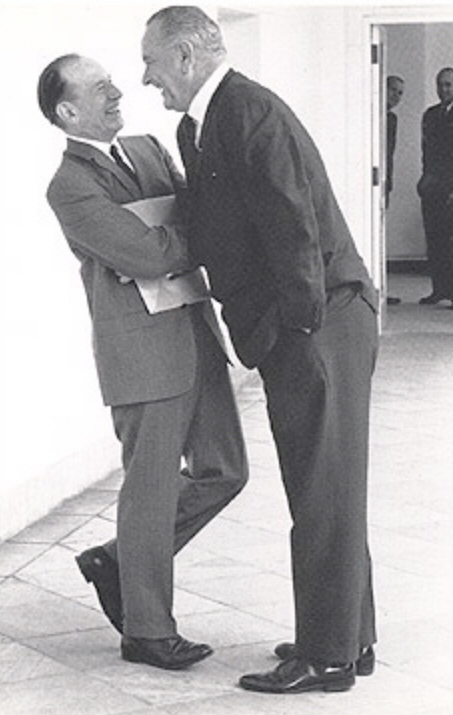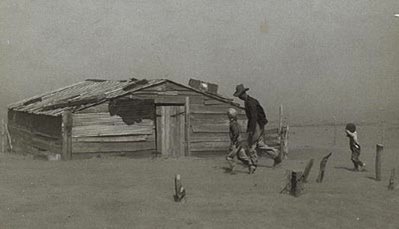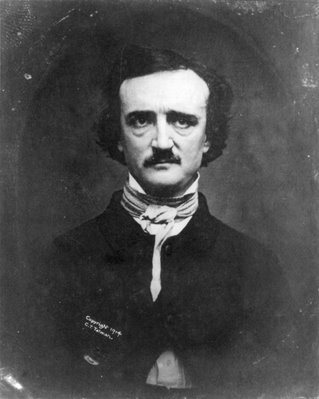 click Lyndon Johnson close talking to Supreme CourtJustice Abe Fortas to enlargeJerry Seinfeld called them “close talkers;”
click Lyndon Johnson close talking to Supreme CourtJustice Abe Fortas to enlargeJerry Seinfeld called them “close talkers;” people who just get
too close when they speak with you. Or in line somewhere, the guy behind you is way closer than he really needs to be. I had a neighbor in Seattle once who was always seven inches from your face when she talked to you. When someone is this close, you inherently want to pull back, but you can't. In the normal course of things, when someone is this close to me, it's for a kiss.
Earlier this year I mentioned the
bathroom rules of engagement for guys and the discomfort you feel when someone takes the urinal stall next to yours--when every other one is available. Is this guy just clueless, or is he a pecker checker, or just looking for some hot man on man bathroom action? It may not be personal space, but I encounter this same space violation while commuting too--the car that insists on driving right next to you when there is plenty of other space, or the tailgater who follows you too closely to either speed you up or to force you to pull over and let them pass. I constantly have find my aural space invaded by the dolts with bluetooth headsets, gabbing merrily away on their cell phones. Being forced to listen to some of these conversations is tantamount to assrape. At the gas station (I almost wrote the 50's equivalent "filling station") the other day, we were all treated to a guy breaking up with his longtime girlfriend via his bluetooth headset. Listening to his litany of complaints, it was tempting to ask him to put it on speaker phone so we could hear her side of the story too!
The New York Times had an article this week, "
In Certain Circles, Two Is A Crowd," that focuses on the study of proxemics. "
Communications scholars began studying personal space and people’s perception of it decades ago, in a field known as proxemics. But with the population in the United States climbing above 300 million, urban corridors becoming denser and people with wealth searching for new ways to separate themselves from the masses, interest in the issue of personal space — that invisible force field around your body — is intensifying. "
Some interesting facts:1) Proxemics scientists studying the videogame Second Life found new evidence of their theories. The rules of proxemics are so ingrained that people even impose those rules on their cyber sprite selves while playing games.
 Hiroko Masuike for The New York Times - click to enlarge2) People tend to retreat to corners
Hiroko Masuike for The New York Times - click to enlarge2) People tend to retreat to corners to distance themselves from strangers. You are not actually distancing yourself, but establishing your personal bubble. People tend to sit apart at an equidistance (see the photo above of three women in Union Square, NYC). They will separate themselves like birds on a telephone wire (see drawing). Think of a table in a public space. The first person will seat themselves at a corner. The next person will sit at the opposite corner (farthest from the first person). The next people seat themselves as far as possible from the first two. Each succeeding person deals with a diminshed space, but attempts to maximize their distance by distributing the remaining space.
3) Personal space is not confined to that invisible bubble around you. . . smells, sounds and stares from outside the bubble can also invade your space. The knucklehead yelling into his bluetooth headset on the train, your cubicle mate spraying Axe on himself, the guy across the way staring at you every time whenever you look up, or the guy dining on lutefisk. . .all of them are guilty!
4) In cities, which are much more crowded, people tend to adapt, and compromise, but they still attempt to follow the rules ox proxemics whenever possible. They may compromise, buy they always revert to The Old Ways when space permits.
 5) While we all strive for space,
5) While we all strive for space, it's almost unconscious. Proxemics scholars can even draw a map of that table I mentioned, and predict the order in which the seats will fill up, or which urinal stalls will be filled, and in what order...
6) “to overcome the intimacy, you have to make sure you don’t make eye contact.” said Dane Archer, a professor of sociology at the University of California, Santa Cruz. From my five years riding the subways in New York City, I know this is true. I often wore shades on the train. I would also have my head in a book. Keelin and other women I knew would wear "repellent" hats and bulky coats. People hold 'papers in front of them to read and also to shield themselves from the madding crowd by increasing their bubble.
“Animals tend to have an aversion to being touched by a strange critter,” said David B. Givens, the director of the Center for Nonverbal Studies in Spokane, Wash. (What a great name! Their mission could be to study everything that doesn't involve talking). I had a friend, Chipper Stone, who spent every Friday "being nonverbal." My wife and favorite sister in law do this once a year--three days of nonverbal living at Breitenbush! I would be expelled, being constitutionally incapable of achieving the state of being nonverbal, and even more, of not hearing the rhythm and music of voices for three whole days!
Some proxemics scholars believe that the iPod "craze" turns city streets and commuter trains into islands of individuality. " The article also talks about how it is easier to be close in low light (another form of the iPod's sensory deprivation). Givens gives the example of a bar in dim light. If the lights were suddenly switched on, people would race to move away from each other...
---o0o---



























